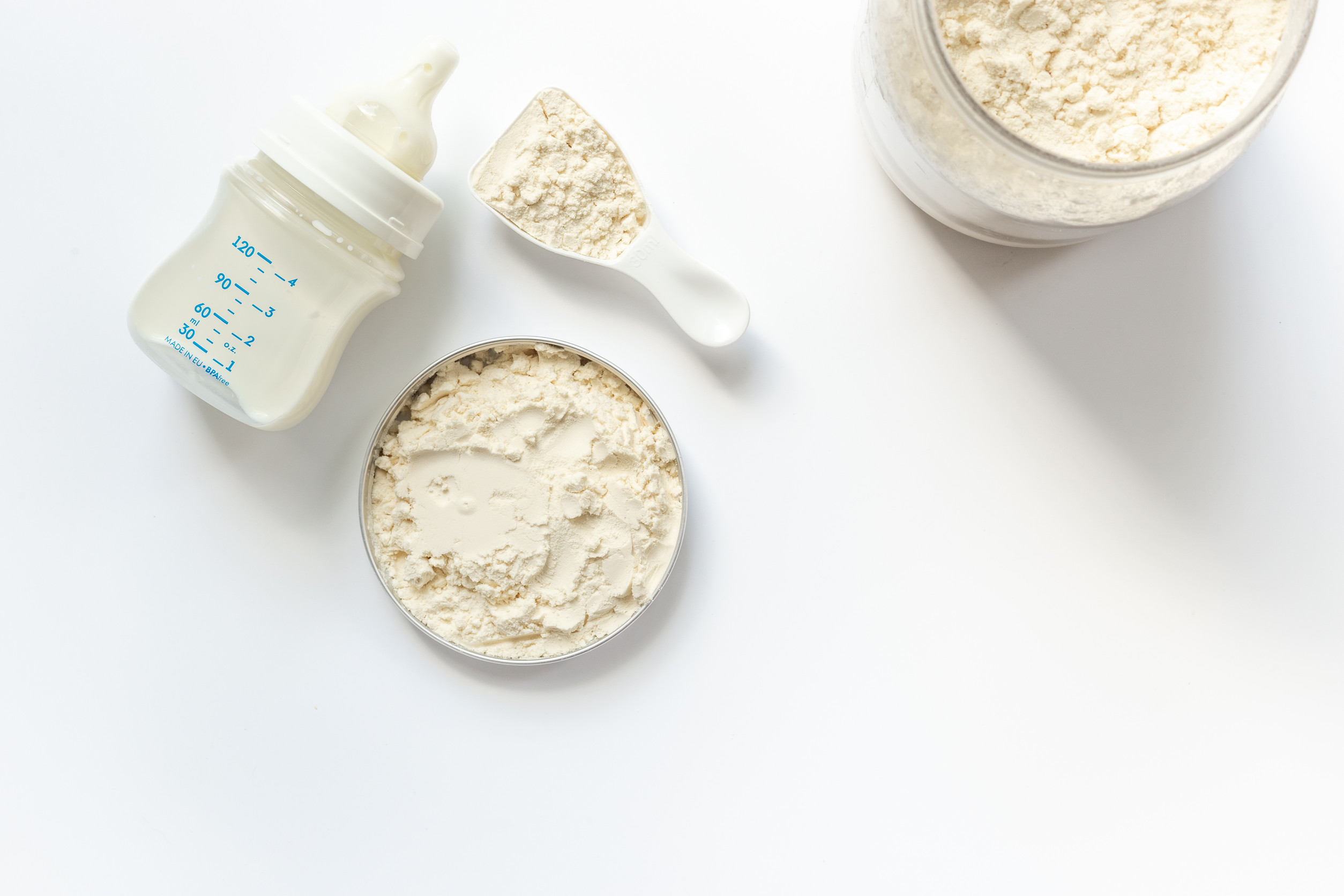
When a customer returns a shirt or a box of cereal, the store might reshelve it or process a refund without much thought. But returned baby formula is in a different category altogether. Because formula is a critical food source for infants, its safety is taken very seriously by both retailers and government regulators. A single mishandled container could pose serious health risks. That’s why most grocery stores follow strict protocols to ensure it never ends up back on the shelf.
Federal Law Prohibits Reselling Opened Formula
In the United States, the Food and Drug Administration (FDA) has clear guidelines about baby formula safety. Once a container is opened, it is considered unsafe for resale because it could have been contaminated with bacteria or exposed to improper storage temperatures. Grocery stores that accept an opened, returned baby formula container are required to dispose of it. Even if the customer swears it was never used, the risk is too high to take chances. Infant health regulations always err on the side of caution.
Even Unopened Returns May Be Discarded
While an opened formula is automatically discarded, some stores may refuse to reshelve unopened containers. This is because it’s impossible to know whether the formula was stored correctly after leaving the store. Baby formula is sensitive to temperature changes, and exposure to heat or moisture can reduce its nutritional quality and safety. If the product was left in a hot car or was stored near chemicals, the risks increase. As a result, many chains have a blanket policy to destroy returned baby formula regardless of packaging condition.
Some Returns Are Sent Back to Manufacturers
In certain cases, unopened formula returns are not destroyed immediately but sent back to the manufacturer. This typically happens if there’s a quality concern, a potential product defect, or an ongoing recall. The manufacturer may test the returned formula for contamination or other issues before deciding whether it can be redistributed. However, even in these situations, the formula is rarely resold to consumers. Most often, returned baby formula sent back to the manufacturer is destroyed as a precaution.
Stores Track Formula Returns for Fraud Prevention
Baby formula is one of the most frequently stolen and fraudulently returned items in retail. Organized theft rings sometimes shoplift formula and then try to return it for cash or store credit. To combat this, many grocery stores keep a record of all formula returns, including customer ID checks. If a person attempts to return multiple containers within a short period, the system flags the transaction for review. This helps stores prevent both theft and the resale of potentially unsafe returned baby formula.
Safety Concerns Go Beyond Contamination
While bacterial contamination is the biggest concern, there are other reasons stores won’t reshelve returned formula. The packaging could have been tampered with, seals could be broken, or expiration dates altered. Even minor dents in a powdered formula can signal potential damage to the seal, allowing moisture to get in. Because formula is so essential to infant nutrition, no risk is considered acceptable. That’s why stores treat all returned baby formula with extreme caution, even if it “looks fine” to the naked eye.
Some Stores Donate Unopened Returns—But Only Under Strict Rules
In rare cases, unopened and recently purchased formula may be donated instead of destroyed. This usually happens through partnerships with local food banks, shelters, or community programs. However, the formula must pass strict safety checks, including verifying the expiration date and confirming that the packaging is intact. Not all food banks accept returned baby formula due to liability concerns, so donations are limited. Still, for some communities, this process helps reduce waste and assist families in need.
Recalls Can Influence Store Return Policies
If a formula brand is under recall, grocery stores may handle returns differently. During a recall, even sealed products from certain batches must be removed from shelves and returned to the manufacturer. Customers can often return these products for a full refund without providing a receipt. In these cases, returned baby formula is automatically destroyed or sent for inspection—no exceptions. Recalls remind both consumers and retailers why strict handling policies are necessary in the first place.
Baby Formula Safety Comes Before Everything Else
At the end of the day, the rules for returned baby formula aren’t about being difficult—they’re about protecting infants. Grocery stores follow strict guidelines to ensure that no potentially compromised formula makes its way back onto the shelf. Whether it’s opened, unopened, damaged, or part of a recall, returned formula is handled with safety as the top priority. For parents, that means peace of mind knowing the product they buy is safe from tampering or mishandling.
Have you ever tried to return baby formula? Were you surprised by your store’s policy? Share your experience in the comments.
Read More
6 Condiments That Have Changed Formulas Without Announcing It
9 Foods That Changed Formulas and Lost Their Fanbase
The post What Do Grocery Stores Really Do With Returned Baby Formula? appeared first on Grocery Coupon Guide.







